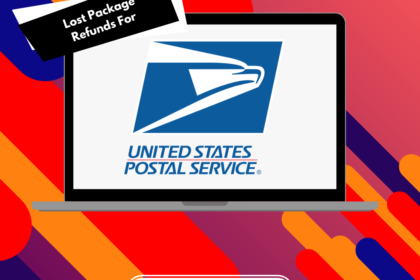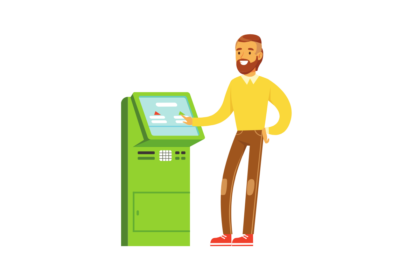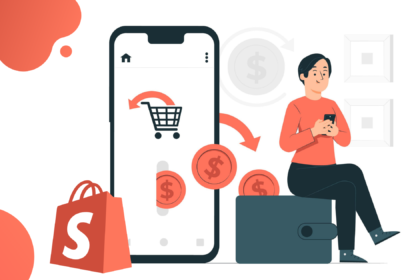
Art Shipping Insurance: Everything You Need to Know to Protect Valuable Artwork in Transit
Ensure the safety of your artwork during transit with comprehensive art shipping insurance. Learn about coverage options, best practices, and claim processes.
Must read
Recent posts


3PL Shipping Insurance: Everything eCommerce Brands Need to Know
Sashank Ravindranath
May 29, 2025

The Truth About Carrier Money Back Guarantees: What Businesses Need to Know
Sashank Ravindranath
May 29, 2025

What Is a Backorder? Causes, Challenges, and Smart Strategies to Handle It
Sashank Ravindranath
June 23, 2025

Monthly Newsletter
Get practical solutions and insights to tackle real-world post-purchase challenges directly in your inbox
Join our Community
Case Studies
Read the stories of brands that optimized their post-purchase journeys with LateShipment.com
YouTube
Subscribe to see our YouTube channel for insightful videos, tutorials, and interviews with industry experts.
Newsletter
Get practical solutions and insights to tackle real-world post-purchase challenges directly in your inbox














